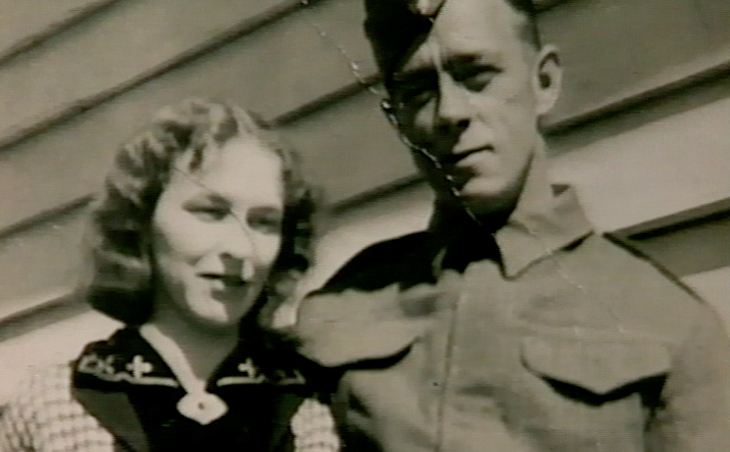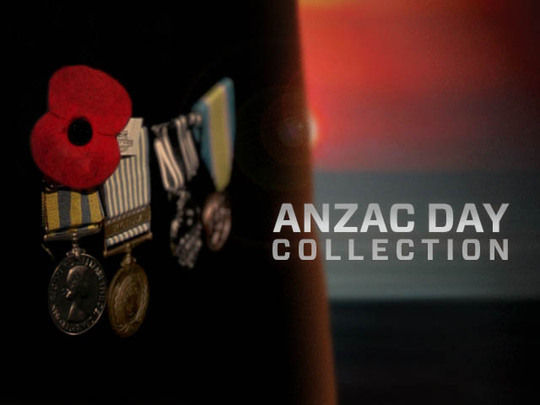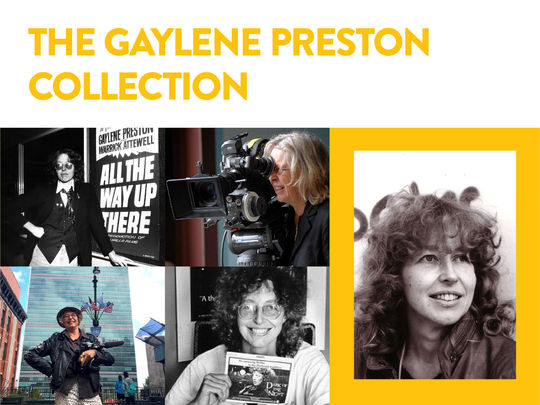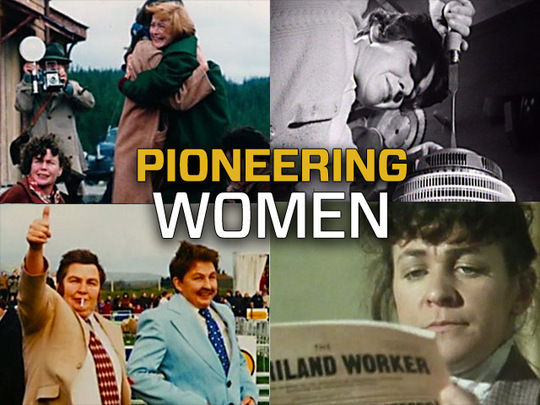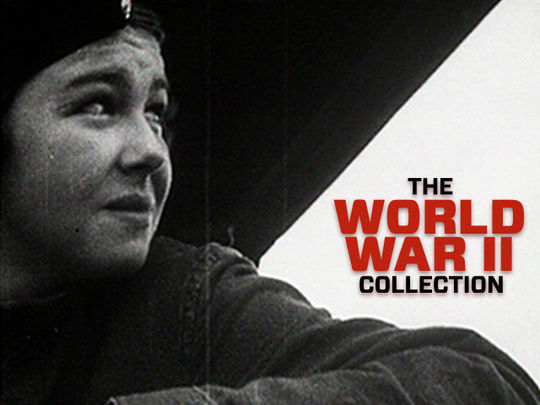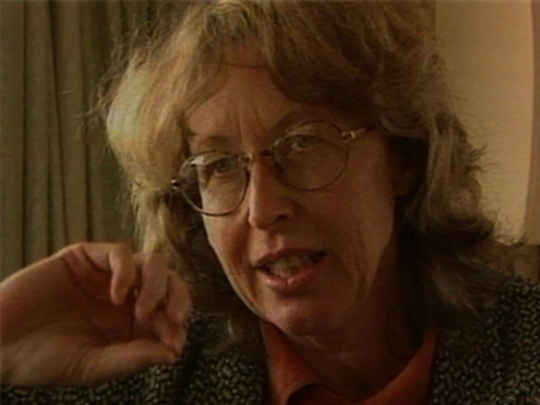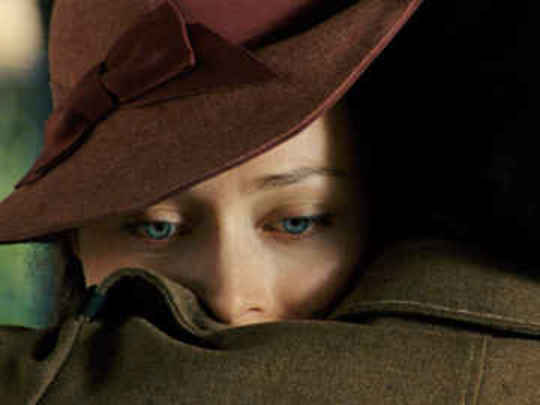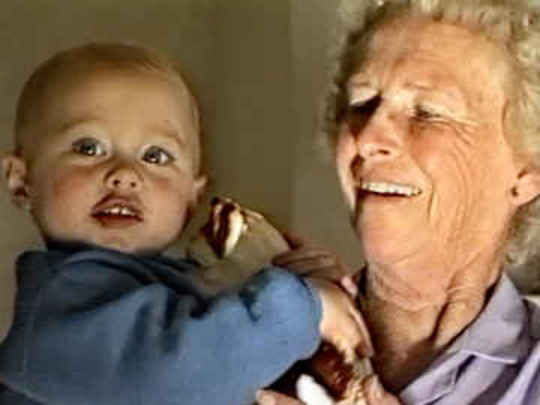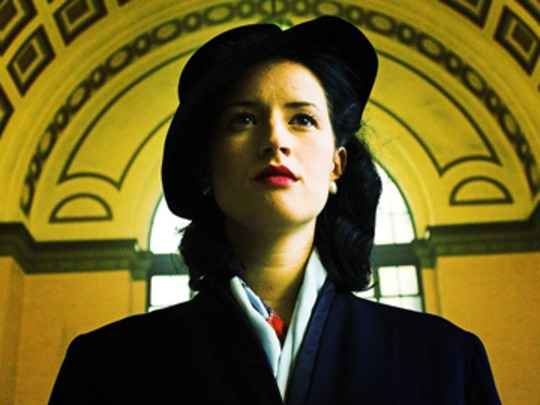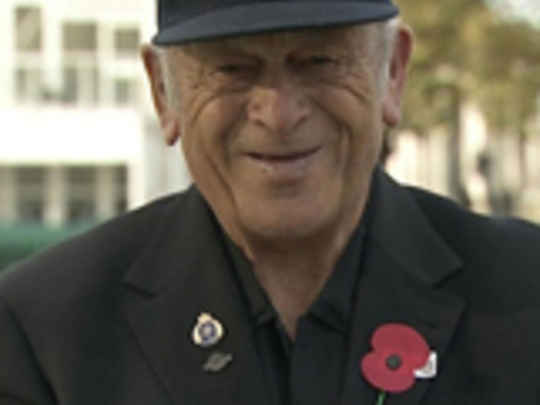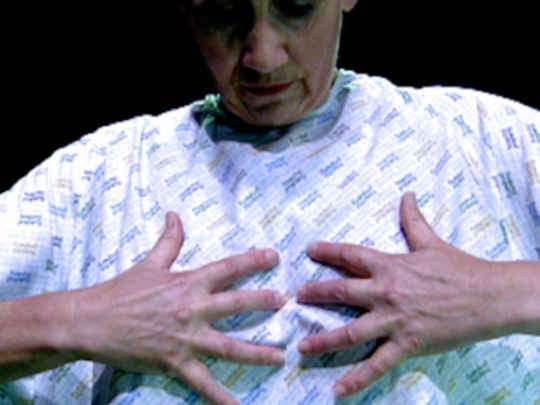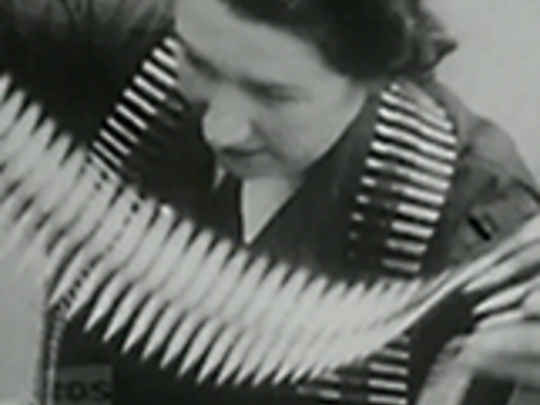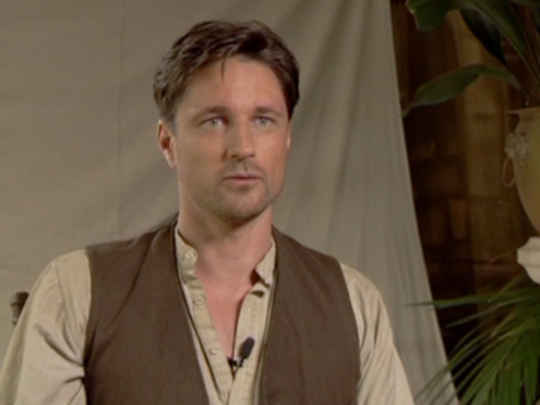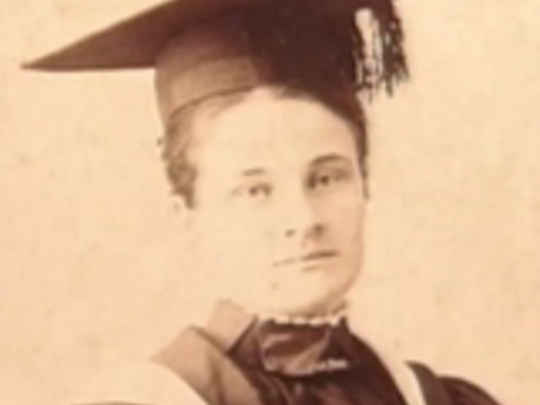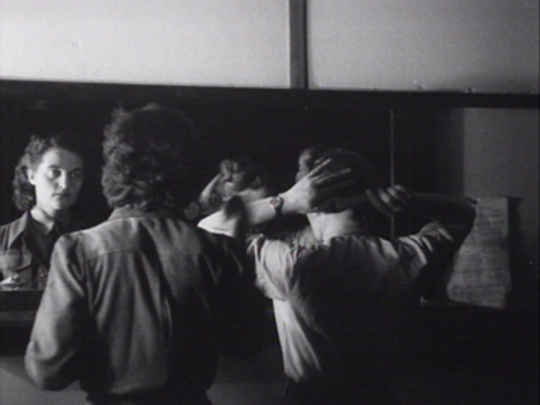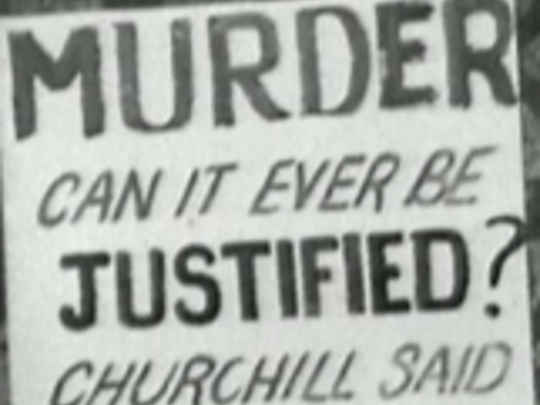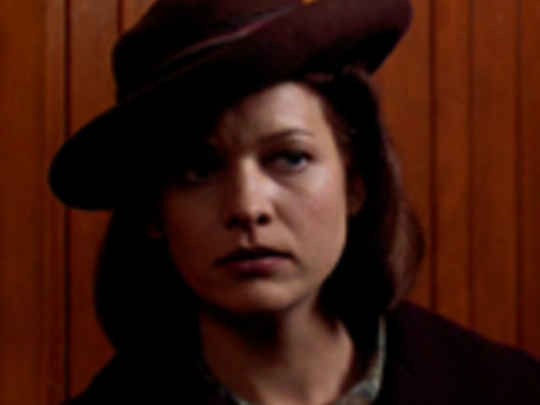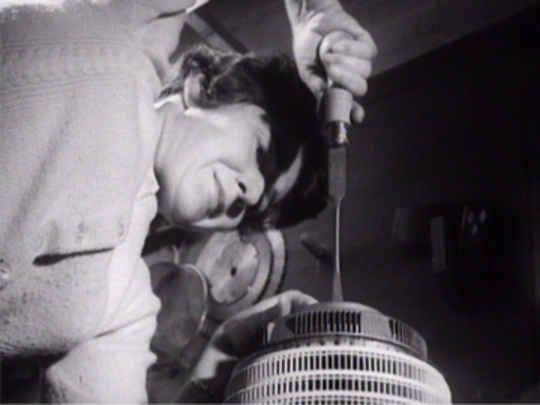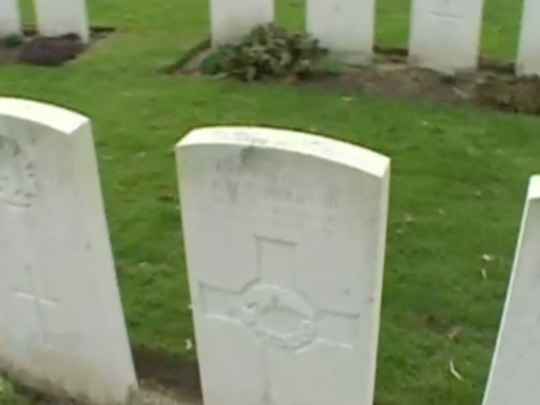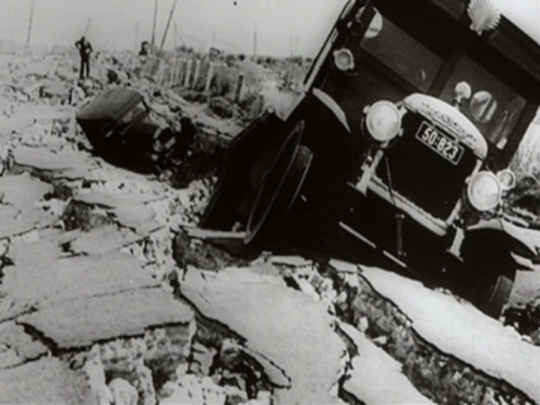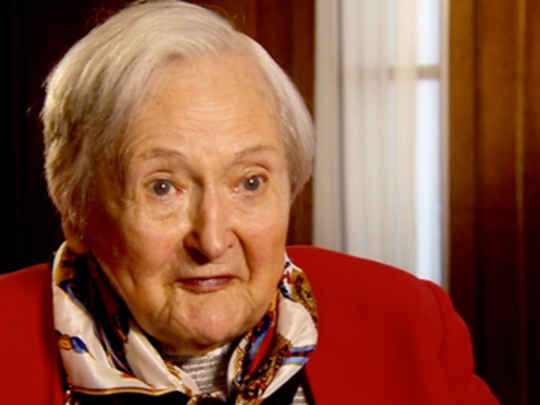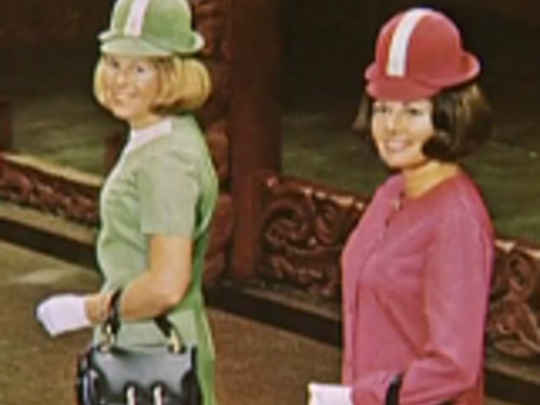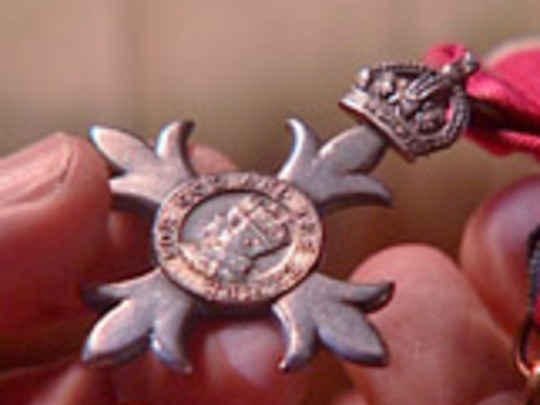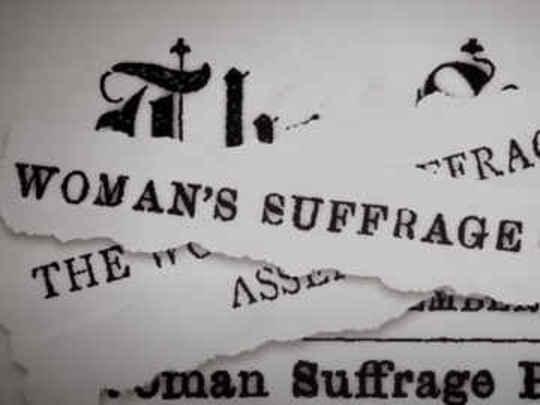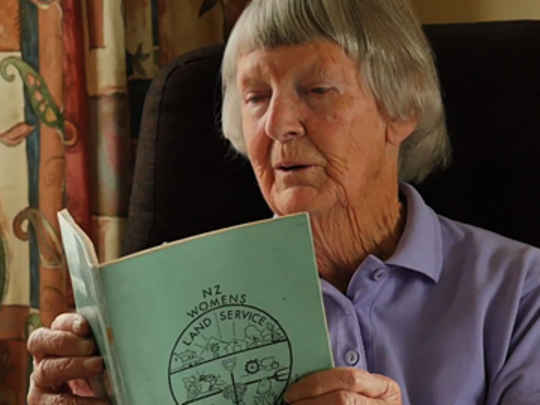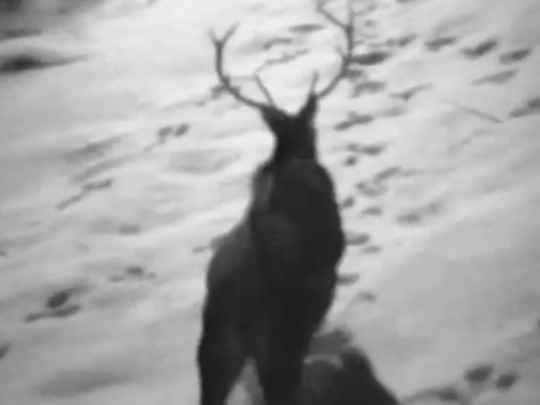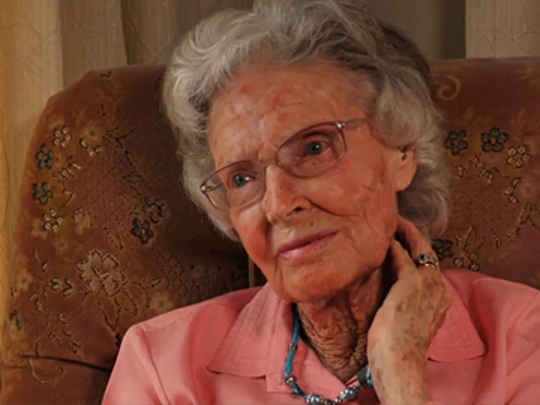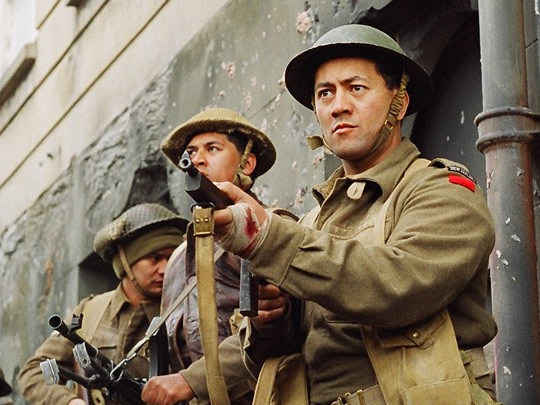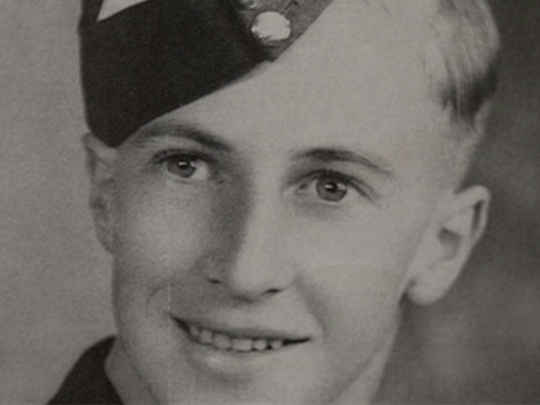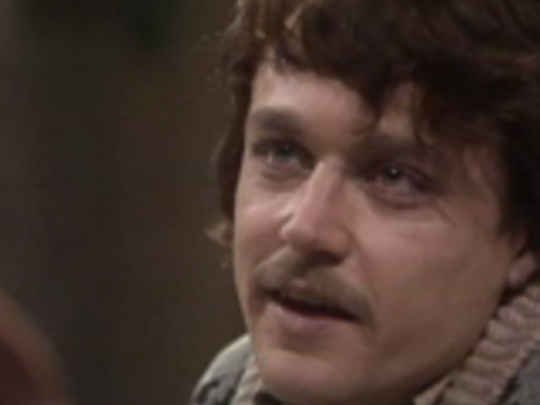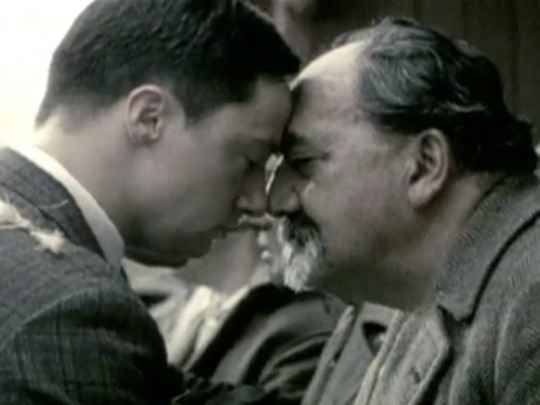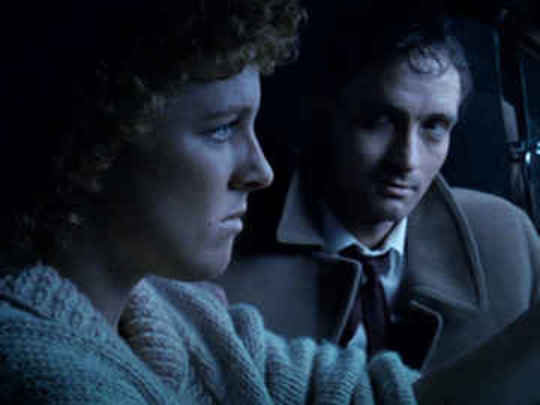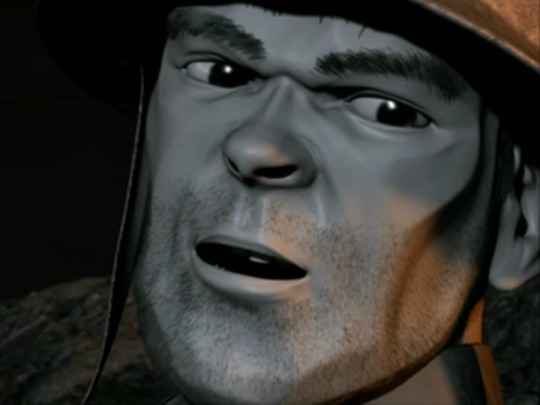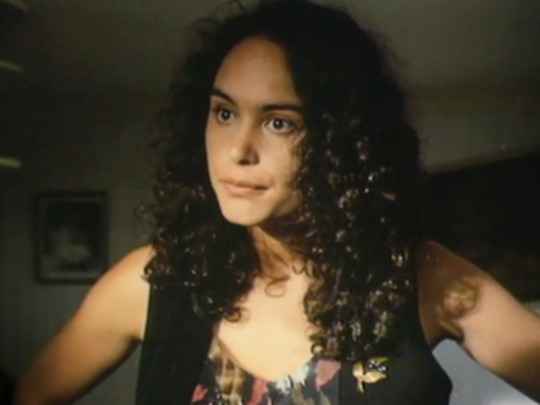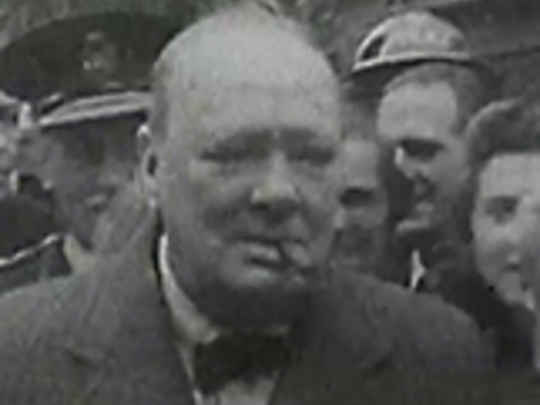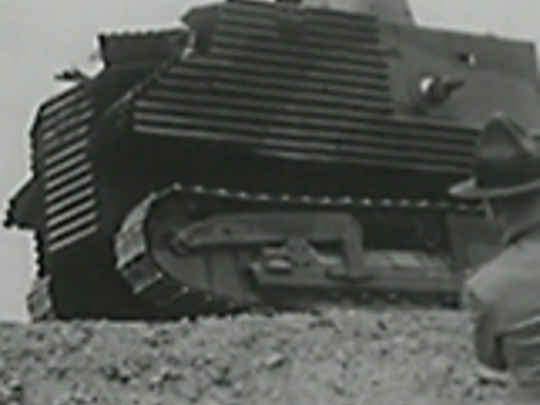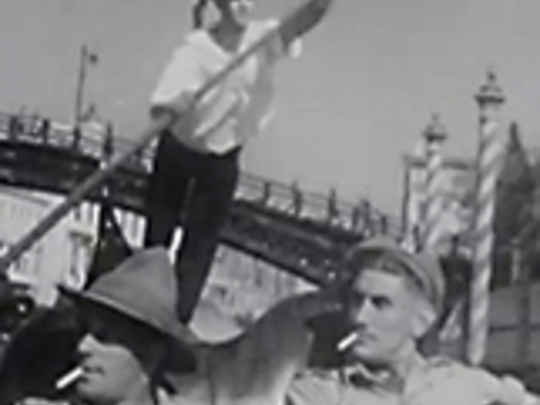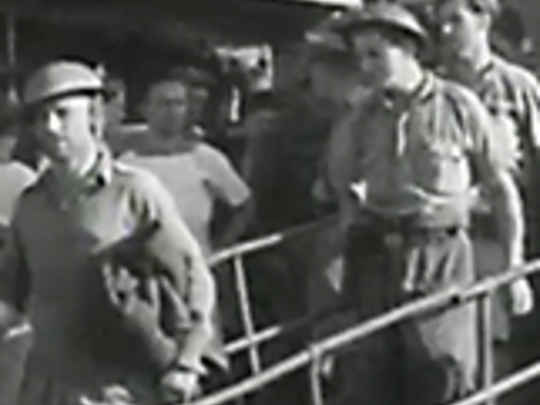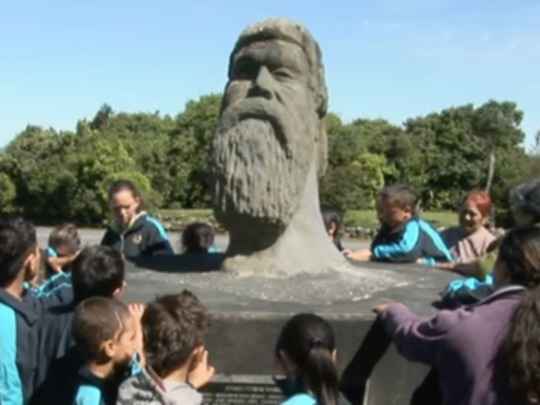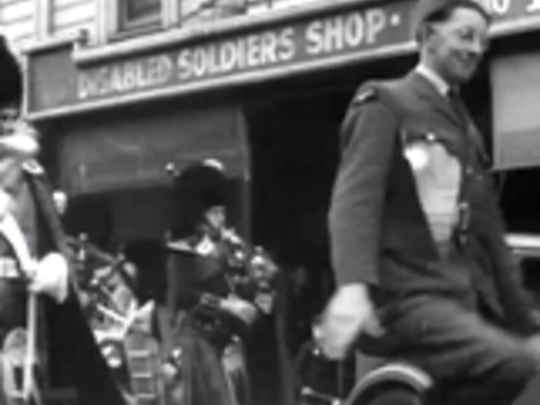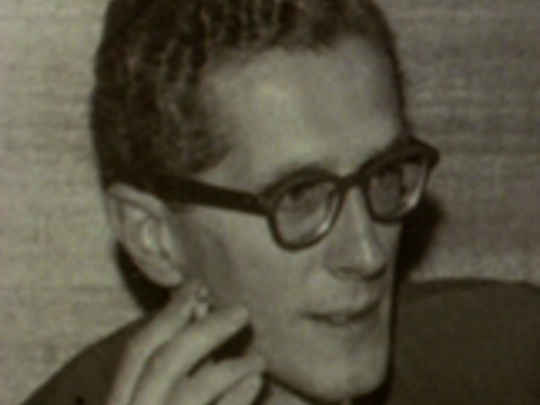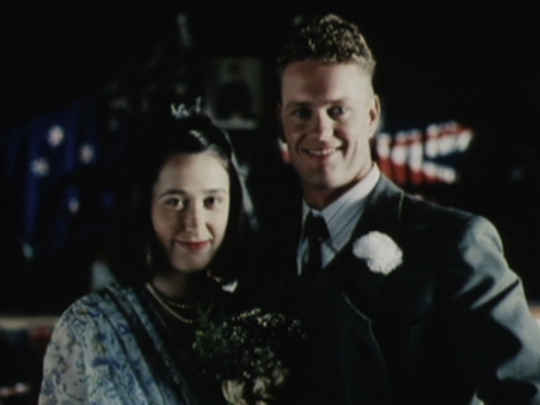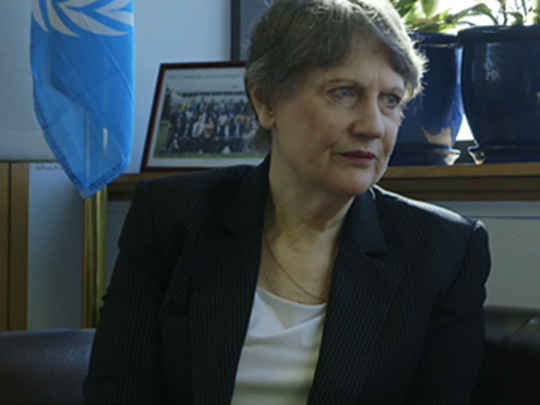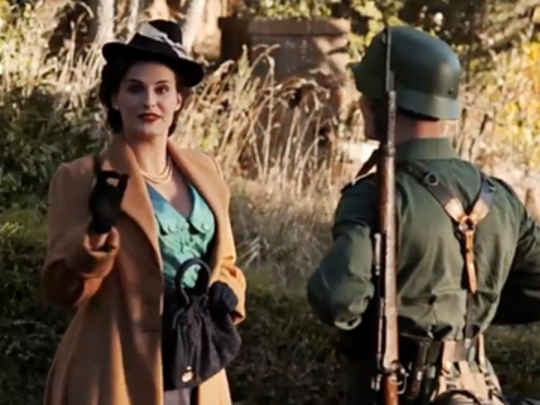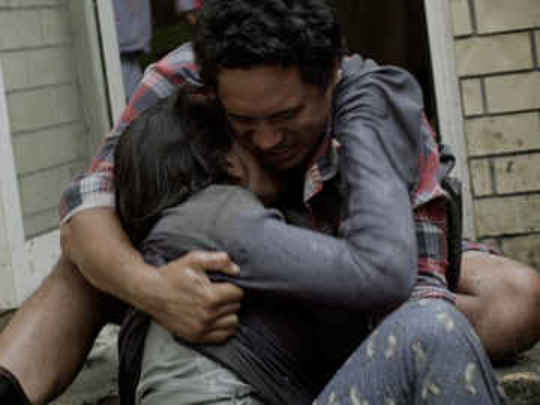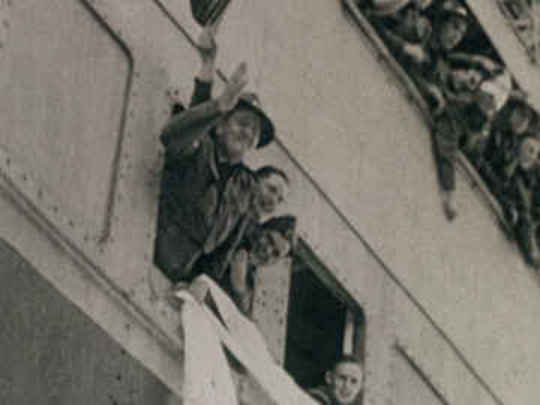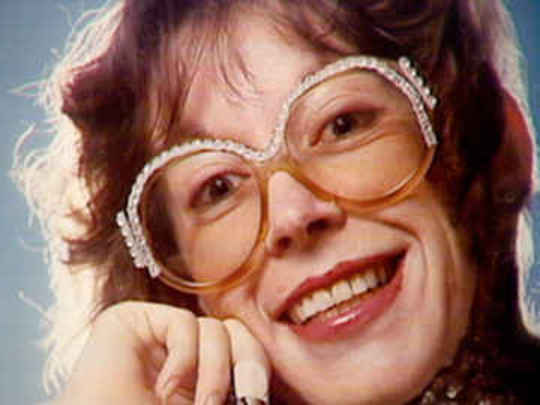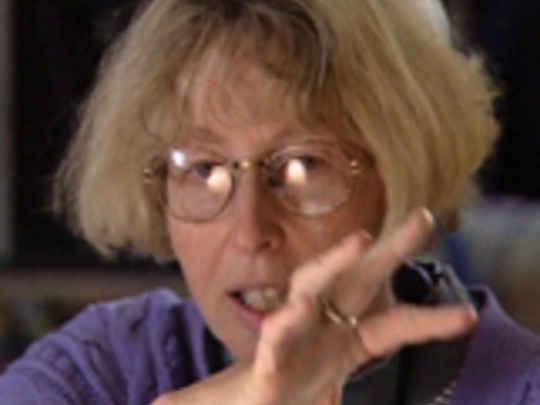War Stories Our Mothers Never Told Us
Film (Trailer and Excerpts) – 1995
He was always writing and saying "please come over, because I need you." External Affairs said "no, you can't go, nobody is allowed out of the country." So I went to the Prime Minister, Peter Fraser.
– Pamela Quill on trying to visit her husband Paul, who was a pilot in World War ll (in the first interview)
We went to a little place and we had a meal. And all through the meal I got the giggles. and he kept saying to me "what are you laughing at?." And I said, "I wonder if all these people that are sitting here, eating all this steak and stuff, knew that we just got out of bed!"
– Flo Small on the joys of being a newlywed
It was lonely. It was terrible.
– Tui Preston on her husband leaving for war
They got engaged to endless marines, these girls. They were getting engaged every other day to a different marine.
– Jean Andrews on Kiwis courting American soldiers
Don't talk like that — you're in Kiwi-land now. We don't have that sort of language here so look out!
– Jean Andrews, on how she reacted to the racism she experienced from American soldiers
She could not bring herself to say he was a defaulter. She couldn't bring herself to say 'he is a conscientious objector'.
– Rita Graham on her husband's mother, lying about his whereabouts
There was animosity for about a week, before the guys thought "oh, it's not bad having these girls around."
– Neva Clarke McKenna on being in the New Zealand Women's Army Auxiliary Corps
... they are crying over the photo, and they know the body will never be returned.
– Mabel Waititi on families grieving the lost soldiers
War Stories is a superbly crafted film in which there is never a false note ... It is tribute to [director Gaylene] Preston's integrity and the strength of the New Zealand documentary tradition that, despite the skepticism and delays she encountered in getting the project funded, the film proved unexpectedly popular when released theatrically and ended up grossing much more than many dramatic features.
– Writer Russell Campbell in his 2011 book Observations: Studies in New Zealand Documentary, page 20
Her seven subjects were whittled down from 66 whom oral historian Judith Fyfe and her assistant had interviewed, at Preston's urging, for an archival project on women's experiences of World War ll.
– Writer Russell Campbell in his 2011 book Observations: Studies in New Zealand Documentary, page 18
The power and beauty of these elderly faces, the women's bravely exposed memories, their humour, wisdom, anger, pain and matter-of-fact strength — all sum up valuable lives, and shed saving light on a time and place fading into a lost past.
– Critic Kathleen Murphy, in American magazine Film Comment, 1996
The depth of wartime love and pain — and the suppression of such stories into secrets and silence in the confronting 1950s — makes for a profoundly revealing and moving documentary.
– Reviewer Anna Maria Dell'Oso in The Sydney Morning Herald, 1996
There is something so direct and raw about the way the stories are told ... they make you feel small, marked as they are by a stoicism that people of our softer generation can hardly imagine.
– Australian writer Helen Garner in the Independent Monthly, 1996
You sit back enthralled, touched, amused, and in some instances horrified.
– Reviewer Desson Howe in The Washington Post Weekender, 1996
...eye-opening and heart-breaking ... War Stories uses specifics of individual tales to repeatedly boggle the mind at the amount of personal and cultural wartime upheaval shouldered by women.
– American critic Ernest Hardy, in LA Weekly, 1996
...War Stories Our Mothers Never Told Us has had a New Zealand theatrical release of more than five months. In Wellington it set house records during its first two months at the Paramount.
– NZ Film Magazine 54, October 1995, page 2
I was spellbound by this film. Despite the sad, chilling nature of many of the stories, it is the enduring spirit, honesty and sense of humour of the women which show through.
– Critic Stephanie Johnson, in Quote Unquote, 1995
Film technique is minimal but perfect, quietly underlining the essence of the stories...
– Critic Louise Allen reviewing the film for Women's Day, 1995
Judith [Fyfe] will manage the project. She will train a small band of experienced women oral historians and we will ask them to interview their aunties. We want oral stories from their ordinary lives. What dances did did they dance? What did they get up to on a Saturday?
– Gaylene Preston writes about how the film began from a series of interviews, in her 2022 autobiography Gaylene's Take - Her Life in New Zealand Film, page 272
The War Stories women were stars the minute they landed in Los Angeles. Even in the usually stony-faced customs hall, the officials stamping their passports wanted their autographs once they found out they were premiering at the American Film Archive.
– Gaylene Preston writes about a memorable trip to the United States, in her 2022 autobiography Gaylene's Take - Her Life in New Zealand Film, page 332
... so far everyone who had read the script reported laughing and crying. If you can't make 'em laugh, you will never make 'em cry. And if you can't do both you are unlikely to get money. I pushed. I had to.
– Gaylene Preston on the challenges of trying to get funding writes for the film, in her 2022 autobiography Gaylene's Take - Her Life in New Zealand Film, page 302
I increased the mortgage, paid the crew a pittance (thank you all), and had four interviews in the can before the Film Commission board meeting.
– Gaylene Preston writes getting the film going, in her 2022 autobiography Gaylene's Take - Her Life in New Zealand Film, page 303
[Director Gaylene] Preston takes a simple idea and turns it into a rich, universal experience ... There are many levels and meanings to what skilled offscreen interviewer Judith Fyfe draws from these pleasant, grandmotherly women ... [They] are full of alternately warm, romantic, harrowing and tragic tales. Preston has made a succinct, captivating movie that leaves us wanting more.
– Los Angeles Times critic Kevin Thomas, 7 June 1996
[Gaylene] Preston's film provides a fresh perspective on the World War Two era. The United States and New Zealand were — and are — so much alike in many ways. Both countries sent their young men to distant places, both have puritanical traditions, but New Zealand is so much smaller, so much more remote and even now so much more conservative.
– Los Angeles Times critic Kevin Thomas, 7 June 1996
...moving, compassionate, truthful — and powerful evidence that the strongest effects are created by sheer simplicity.
– North and South magazine (New Zealand)
Judith [Fyfe] and I got cracking, and we raised money to make an oral history of women in World War II. We worked with wonderful interviewers like Alison Parr and Jane Tolerton and Susan Folkes —brilliant interviewers and others. And we trained up Queenie Rikiana Hyland with other Māori interviewers and said, 'Go and interview your aunties. We are not talking to only service women. We want the stories from ordinary women"... 'You were alive during World War II. What happened to you?' We had money to do 20 interviews, and we got 23 out of that, and we raised another lot. I think in the end we’d got 60 or 70 interviews — and I think we got 12 or more in te reo Māori.
– Director Gaylene Preston on the birth of the film, in an interview for website Senses of Cinema, October 2010
Candid and iconoclastic, sometimes startlingly so, War Stories employs footage from historical newsreels and propaganda films. Stills are used to good effect. But it is the women who steal the show. They come from a variety of backgrounds, but they are all vivid, witty, insightful and natural born storytellers...
– Reviewer Rick Bryant in Metro magazine
Until that time, the majority of women who had been interviewed for the historical record were nurses or servicewomen. The women [Gaylene] Preston and [Judith] Fyfe were interested in were not necessarily uniform-wearers; they wanted to know more about the small personal details than the big events.
– Writer Richard King, in his backgrounder on the film
When approached, the women's response was frequently "but I wasn't at the war dear". The resulting film was an ‘unofficial version' of the war, overturning many of the myths about what women had gone through during this tumultuous time.
– Writer Richard King, in his backgrounder on the film
The stories themselves are remarkable precisely because they are being told by ordinary women, whose specific experiences of resilience, courage, and resistance to conventional morality or social pressures are often overlooked in public narratives of war.
– Writer Estella Tincknell in 2007 book New Zealand Filmmakers, page 77
This familiar male authority voice . . . is constantly ironised as [Gaylene] Preston makes us laugh at the all-too-obvious cliches, cringe a little at the stageyness of the government's propaganda machine, smile at the sentimentality of the songs on the soundtrack.
– Writer Laurence Simmons on the voices from old National Film Unit newsreels heard in the film, in Illusions 25, Winter 1996, page 28
